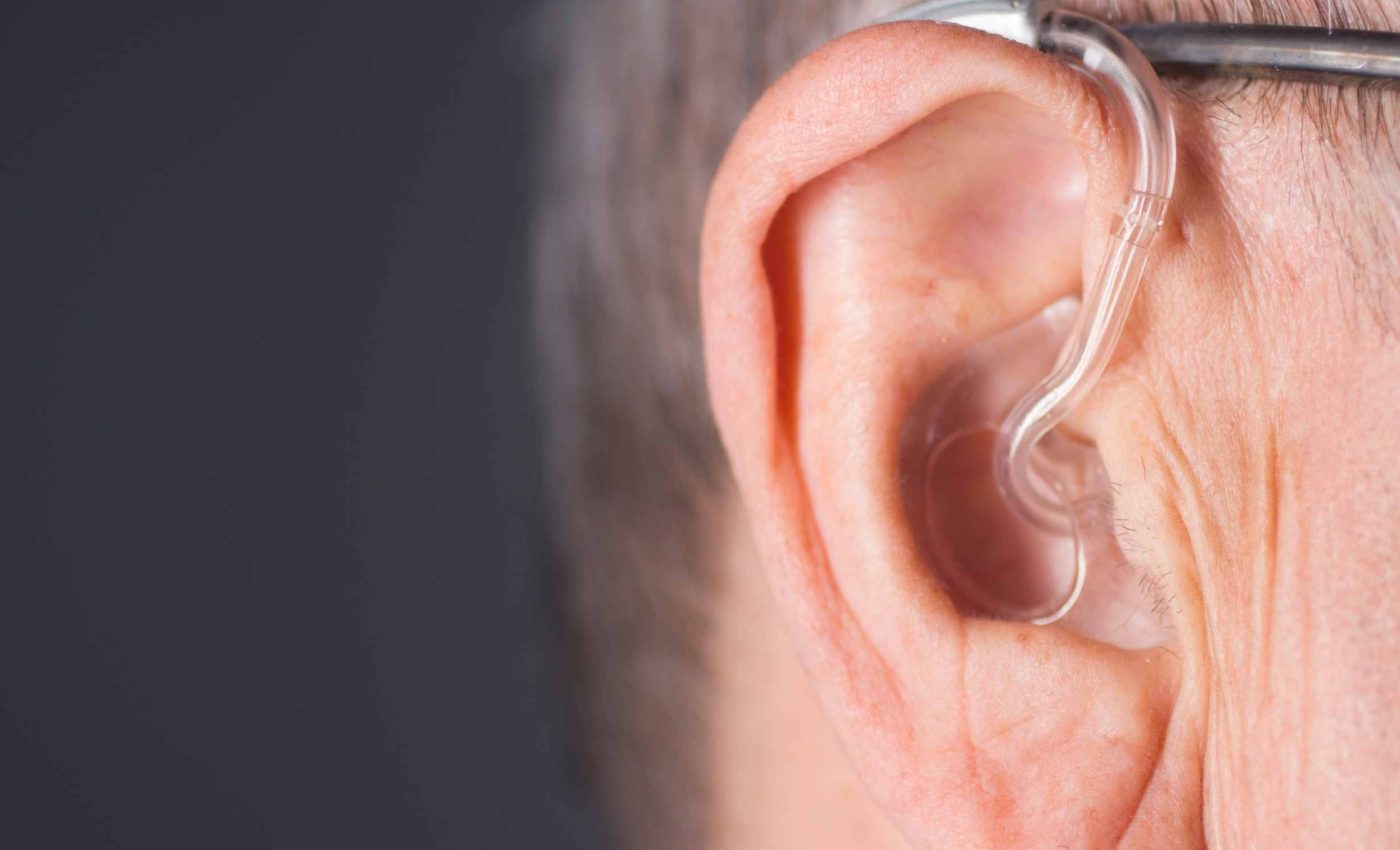
Wearing this device could cut dementia risk in half
Adults in a decades-long community study who used hearing aids before age 70 had a 61 percent lower risk of developing dementia than peers with untreated hearing loss.
A new study in the Framingham Heart Study (FHS) followed nearly 3,000 people and saw the strongest link in those tested before 70.
The work was led by Lily Francis at the Glenn Biggs Institute for Alzheimer’s (GBIA) in San Antonio. Her research focuses on how sensory health intersects with brain aging in large population cohorts.
Hearing connects people to conversation, classrooms, and daily cues that keep thinking active. Scientists have long noted that untreated hearing problems can strain attention and reduce social engagement, both tied to cognitive decline.
“Age-related hearing loss is a known risk factor for developing dementia,” wrote Francis. That basic point frames why early treatment could matter for long term brain health.
Fresh evidence also links hearing loss with physical changes in the brain, which are at the root of dementia.
In new findings from the same community, people with mild or greater hearing loss showed smaller brain volume and higher dementia risk. The pattern was strongest in carriers of a common genetic risk variant.
Measuring hearing loss and dementia
Researchers analyzed people 60 or older who completed pure tone audiometry, a standard hearing test that plays beeps at set pitches and loudness.
They then tracked new cases of incident dementia, newly diagnosed memory and thinking disease after the baseline test, for up to 20 years.
Among participants with hearing loss, the team compared those who reported using hearing aids with those who did not.
The main outcome was risk for all cause dementia, expressed as a hazard ratio, a statistic that compares event rates between groups over time.
Age split that matters
In adults younger than 70 at the time of the hearing exam, reporting hearing aid use was linked to a 61 percent lower risk of all-cause dementia compared with untreated hearing loss.
Those without hearing loss had a 29 percent lower risk than the untreated group, showing that both prevention and early treatment track with better outcomes.
By contrast, the analysis did not find a clear benefit for people 70 or older at the time of testing. Device uptake remains stubbornly low, which keeps many people from the social and cognitive gains that better hearing can unlock.
Over two decades of follow up, one in five participants developed dementia. A sizable share of these cases had their hearing test before age 70, underscoring how midlife and young old health choices can echo across later years.
How this fits with clinical trials
Observational studies can show associations, not proof. That is where randomized trials help, because they assign people to treatment or to a comparison group and watch what changes.
In the Aging and Cognitive Health Evaluation in Elders (ACHIEVE) trial, older adults with hearing loss were randomly assigned to a full hearing intervention or to health education.
Over three years, the overall group did not show a difference, but the higher risk subgroup saw slower cognitive decline with treatment.
Taken together, population data and trial results point in the same general direction. Treat hearing loss early, and you may preserve thinking abilities in people most at risk.
What this means for everyday care
Early detection is key, and it starts with noticing real life trouble in noise, at restaurants or family gatherings. A hearing check is quick, and modern devices are smaller, programmable, and far better than they were a decade ago.
Treating hearing loss is also part of a broader prevention map. An international commission concluded that about 40 percent of dementia cases worldwide could, in theory, be prevented or delayed by addressing modifiable risk factors across life.
The new analysis slots neatly into that picture by identifying a window when treatment seems to carry the most weight. For many adults, that window is before 70, when the brain still shows more resilience and when long term habits are easier to reinforce.
None of this proves that hearing aids alone prevent dementia in every case. It does argue for tackling hearing loss sooner rather than later, because the brain thrives on clear, consistent input.
Lessons from hearing and dementia
Researchers are still teasing apart how improved hearing reduces dementia risk, whether by boosting social engagement, by lowering listening effort, or by stabilizing brain networks. They also want to test whether starting in midlife moves outcomes even more than starting later.
Future studies need better measures of real world device use and fit quality, not just yes or no reports. They also need to untangle how hearing treatment interacts with other risks like blood pressure, depression, and physical inactivity.
The study relied on self reported device use, which can blur details like daily wear time and fit quality. Hearing aid use was treated as yes or no, and that leaves out how well a device is programmed or whether it is used during social hours.
The comparison groups were not randomly assigned, so unmeasured differences could still influence outcomes.
That is why the authors framed their results as a risk association and not a causal effect, and why they called for more trials that focus on midlife intervention.
For readers, a simple takeaway stands out. If hearing gets fuzzy before 70, check it, treat it, and stick with the plan.
The study is published in JAMA Neurology.
—–
Like what you read? Subscribe to our newsletter for engaging articles, exclusive content, and the latest updates.
Check us out on EarthSnap, a free app brought to you by Eric Ralls and Earth.com.
—–













